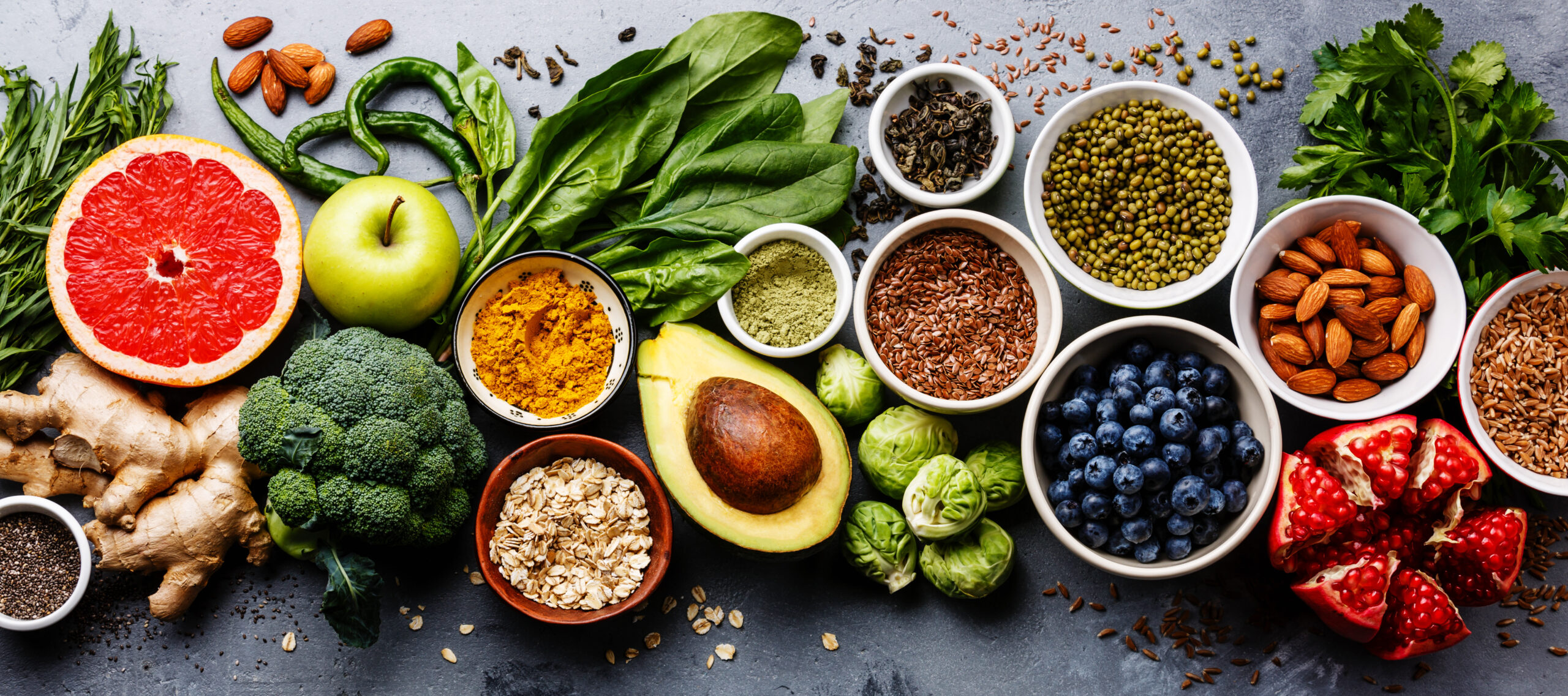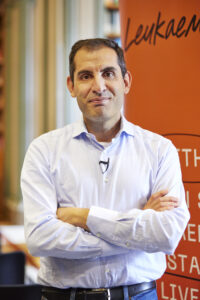What foods can B-ALL cells not live without?
By identifying metabolites – small molecules the body produces or uses when breaking down food – that influence B-ALL progression, Dr Comazzetto hopes to uncover new therapies to disrupt these processes.

Dr Stefano Comazzetto
Dr Comazzetto’s research focuses on developing new and innovative ways to create gentler therapies.
Dr Stefano Comazzetto, University of Edinburgh, has previously identified and their pathways that influence B-cell acute lymphoblastic leukaemia (B-ALL) progression. He plans to use his John Goldman Fellowship to expand this work, identifying more metabolite-regulated systems and how to stop them from helping B-ALL proliferate.

The Challenge:
B-ALL is a type of blood cancer that affects B lymphocytes – critical antibody-producing cells of the immune system. The disease is one of the most common cancers in children, but it can affect people of any age.
Despite recent advances in treatment, the first line of therapy for many is high doses of chemotherapy, followed by differing treatment options such as immunotherapy for more aggressive types. Although this does result in a good survival rate, these harsher treatments can come with lifelong side effects. As such there is a pressing need to develop kinder and more effective treatments.
The Research:
Research is constantly exploring new avenues to treat diseases. Recent findings uncovered that the high-level nutrients derived from our food, called metabolites, could play a role in treating acute leukaemia and reducing its progression. Metabolites are broken down from the food that we eat, such as a cheese toastie and a salad, and reach the very cells themselves. Every food is made up of many different building blocks of nutrients in differing combinations and quantities.
To some extent, this approach is already in use. For example, doctors combine asparaginase — a naturally occurring protein that breaks down a specific metabolite — with chemotherapy to make treatment more effective. However, current intensive chemotherapy regimens are still linked with long-term side effects.
Dr Comazzetto’s research focuses on developing new and innovative ways to create gentler therapies. His recent studies showed that a genetic mutation changed how vitamin C, a metabolite derived from food, could enter blood cells which led to the development of B-ALL in mice. Building on this, Dr Comazzetto aims to identify more of these metabolites and their pathways that might help fight cancer, and to uncover exactly how they can block or encourage the growth of B-ALL.
What difference will this research make?
Figuring out these metabolites and how they work precisely will allow Dr Comazzetto and his collaborators to work on new therapies for targeting these food systems. Additionally, this work will benefit many researchers in a wide range of studies (e.g. leukaemia, cancer, epigenetics), and could potentially lead to new discoveries for other cancers and diseases. In the longer term, this work has the potential to benefit patients with B-ALL, their families, and their health care workers by providing an alternative treatment option.
 Play Video
Play Video 